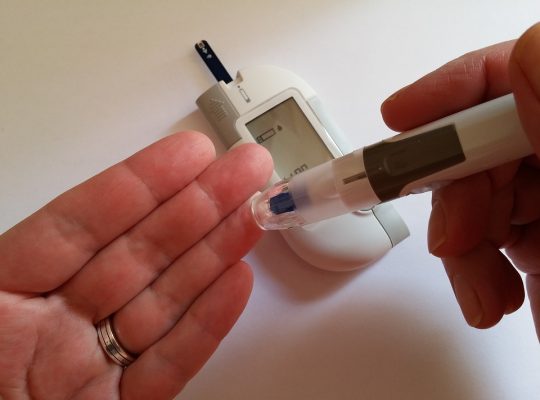Your doctor may suggest dietary supplements if you don’t obtain enough vitamins and minerals in your everyday diet. As you get older, these supplements can help you get more minerals and vitamins in your diet and reduce your risk of health concerns like arthritis and osteoporosis.
Learn about the foods that seniors should consume, when they should take vitamin supplements, and which supplements they should.

Should Seniors Take Supplements and Vitamins?
Nutrition and exercise are, of course, the greatest ways for seniors to preserve their health. Exercise helps you build muscle and battles diseases like hypertension and obesity. Nutrient-dense meals also include fiber, which is good for your health.
There are various reasons why elders may require supplementation;
Appetite loss is frequent among the elderly.
The body’s ability to absorb vital nutrients from the diet is reduced.
Bones grow increasingly fragile as they age.
Diseases and illnesses might hamper the body’s capacity to absorb nutrients.
Medications can either drain nutrients out before they can be absorbed effectively or prevent them from being digested at all.
Cooking may be less common among the elderly, and ready-to-eat meals may be deficient in vitamins and minerals.
Seniors may not get as much sun exposure as they used to, resulting in lower vitamin D levels.
It might be difficult to chew or digest some vitamin-rich meals.
The 5 Best Supplements and Vitamins for Seniors
If you need to complement your diet, the National Institutes of Health suggests looking for a supplement with only the vitamin or mineral you require and no extra fillers.
Make sure the dose isn’t too high by reading the label. Some minerals and vitamins can be hazardous in excess, and you may be overpaying for supplements you don’t require. Your doctor or pharmacist might recommend multivitamin pills for seniors and companies that suit your needs.
Here are five of the best vitamin supplements for seniors, as well as another suggestion.
Calcium
Calcium is essential for good bones and teeth, and it is especially crucial for senior citizens who are at risk of bone loss. Seniors who do not get enough calcium may have bone fractures. Calcium is naturally present in milk and milk products, soft-boned tinned fish, dark-green leafy vegetables like kale, and calcium-fortified meals like morning cereals.
B12 (cobalamin)
This vitamin maintains the health of the body’s neurons and blood cells. As people get older, their bodies have a tougher time absorbing B12. Because vitamin B12 is naturally found only in animal-based diets, strict vegetarians and vegans are more likely to acquire a deficiency. Vitamin B12 may be found in various foods, including eggs, fish, meat, poultry, and dairy products.

Vitamin B6
This vitamin is required for the formation of red blood cells. It also aids in the preservation of the brain’s and nerve cells’ connections. Supplements containing vitamin B6 are also used to treat diabetes, arthritis, and memory loss. Beef liver, chicken breasts, seafood, non-citrus fruits, potatoes, and other starchy vegetables contain vitamin B6.
Vitamin B9
This vitamin, also known as folate or folic acid, may help people over 60 slow or prevent memory loss. Vitamin B9 also aids in the conversion of carbohydrates to energy. It’s present in oranges and broccoli, Brussels sprouts, and spinach, among other fruits and vegetables. Nuts, beans, and peas are also high in it.
Vitamin D
This vitamin promotes bone health, which is especially essential for seniors because osteoporosis and weaker bones increase the risk of falling. According to a study, maintaining good vitamin D levels can help minimize the risk of diabetes, heart disease, and inflammation. Fatty fish, fish liver oils, fortified milk and milk products, and fortified cereals are all good sources of vitamin D.
Multivitamin
Multivitamin supplements are also recommended for seniors. Many of these vitamins and modest amounts of critical minerals may be found in a decent multivitamin supplement. Look for magnesium, potassium, salt, vitamin A, vitamin C, and vitamin E supplements that meet your needs.
Lets us know in the comments if you are used to vitamins taking…







